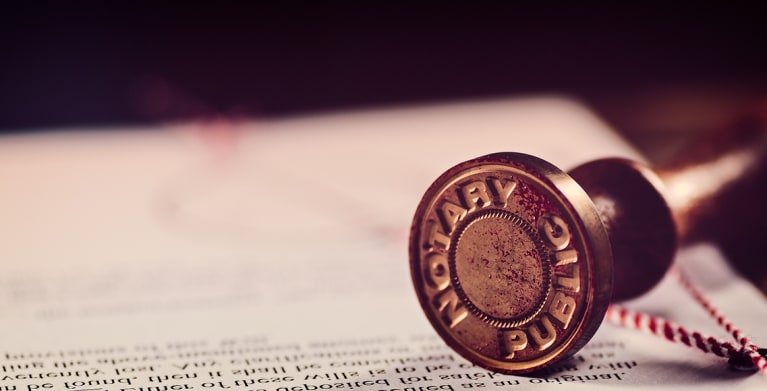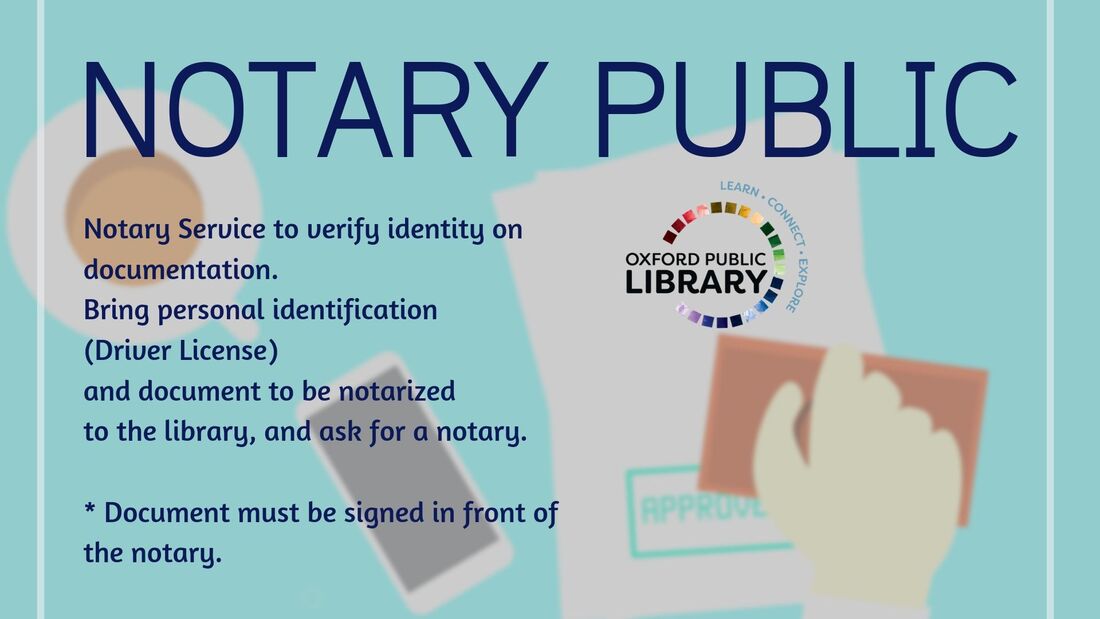Dealing With Deceased Estate Issues: Support Through Legal Process
Dealing With Deceased Estate Issues: Support Through Legal Process
Blog Article
Debunking Notarial Job: Streamlining the Duty and Importance of Notaries
Their duty, typically shrouded in mystery for several, lugs considerable weight in making sure the legitimacy and honesty of important files. By unraveling the intricacies losing and bordering notarial techniques light on the relevance of their acts, a more clear understanding arises of the important function notaries play in maintaining the fabric of contractual and lawful agreements.
The Background of Notarial Job
How did notarial job develop in time to come to be an indispensable component of legal and organization deals? The history of notarial job dates back to ancient people, where scribes played a critical duty in recording vital information and confirming papers. As societies progressed, the need for a much more formalized system to ensure the legitimacy of contracts arose. This led to the growth of notaries, individuals selected by the state to function as impartial witnesses in legal matters.
During the Middle Ages, notaries gained importance in Europe, with their features expanding to include preparing lawful files, certifying trademarks, and maintaining documents. The increase of worldwide profession even more emphasized the value of notarial work in confirming agreements and arrangements throughout boundaries.
In the contemporary era, notaries proceed to play an important duty in legal and company transactions by verifying identifications, validating the authenticity of records, and avoiding fraudulence. Their duty in certifying the legitimacy of agreements adds a layer of safety and depend the ever-evolving landscape of business and legislation.

Duties and Duties of Notaries
Notaries play a vital role in verifying the credibility of files and the identity of notaries. One of their primary duties is to witness the finalizing of essential papers, such as contracts, wills, and deeds, to make certain that all celebrations are getting in into agreements purposefully and voluntarily.
They certify copies of original papers, providing assurance to institutions that the copies are real reproductions of the originals. Overall, the tasks and responsibilities of notaries are important in safeguarding the honesty and legitimacy of numerous files and deals - Conveyancer.
Notarial Certificates and Signatures
Exemplifying thorough focus to information, notarial certifications and signatures work as important elements in validating the authenticity of lawful papers. Notarial certificates usually include critical details such as the day of notarization, the names of the signatures, a description of the document, and the notary's official seal. These certificates offer a clear record of the notarial act, making certain that the document can be conveniently identified and mapped back to the notary that managed the procedure.
Signatures play an essential function in notarial job, as they signify the agreement and authorization of the parties included. Notaries thoroughly witness the signing of papers to validate the identity of the notaries and verify that they are authorizing of their very own totally free will. By affixing their main seal and trademark to the record, notaries license that the necessary procedures have actually been complied with and that the file is enforceable and legitimate.
Fundamentally, link notarial certificates and trademarks are the trademark of authenticity in legal purchases, offering assurance to all parties entailed that the papers are legitimate and binding.
Relevance of Notarial Acts
Notarization Refine Explained
The notarization procedure generally begins with the individual offering the document to a notary public. Once the identity is validated, the notary makes certain that the private authorizing the file does so voluntarily and without any type of coercion.

Verdict

Notarial certificates commonly consist of crucial details such as the day of notarization, the names of the notaries, a description of the document, and the notary's official seal. These certifications give a clear record of the notarial act, making certain that the file can be conveniently recognized and mapped back to the notary YOURURL.com that supervised the process.
By fastening their main seal and signature to the paper, notaries certify that the necessary treatments have actually been followed and that the file is valid and enforceable.
By validating the identity of the signatures, validating their readiness to enter into the contract, and licensing the day and place of the signing, notaries play an important function in upholding the validity of legal records.After the paper is authorized, the notary will certainly fasten their official seal or stamp onto the record.
Report this page